about us
Background
The South Sudan General Medical Council (SSGMC) is an autonomous body responsible for the registration and regulation of medical, dental and pharmaceutical professions as well as regulation of health institutions and services in the country. It was established through the SSGMC Provisional Order, 2014 issued by H.E. General Salva Kiir Mayardit, President of the Republic of South Sudan on the 10th of April, 2014. The 18 members of the board were eventually sworn in seven months later in November of the same year.
The council has a corporate body, official seal, logo, perpetual succession and capable of suing and being sued in its own name. It is answerable to the council of ministers through the competent Minister (Minister of Cabinet Affairs) in carrying out its functions.
Licencing and Registration of Medical Doctors/Dentists and Pharmacists. Licencing and Registration of Medical Institutions including Hospitals,Nursing Homes,Clinics etc
WHAT WE DO
- Licencing and Registration of Medical Doctors/Dentists and Pharmacists.
- Licencing and Registration of Medical Institutions including Hospitals,Nursing Homes,Clinics etc
- Licencing and Registration of Teaching and Referal Hospitals.
- Licencing and Registration of Internship Training institutions.
- Licencing and Registration of centres Medical Education Training.
- Handle Complaints from the public about Medical Practitioners, Dentists and Pharmacists.
- Handle Complaints from the public about Medical Institutions.
VISION
Our vision is to be a regulatory body that will ensure professional practice among doctors and healthcare institutions in the interest of patient safety.
MISSION
Our mission is to ensure high standards of education, training and practice among doctors, by providing oversight to medical training and licensing of healthcare providers and practitioners.
CORE VALUES
- We maintain efficient, transparent and professional regulatory services that guarantee respect for the public and uphold the dignity of doctors.
- We set standards for the treatment of patients with fairness and equitably.
- We encourage excellence and innovation in institutions that we regulate.
- We make independent, informed and objective decisions for which we are accountable.
- We strive to enhance trust between patients, doctors and the medical council.
Functions of the Council
- formulates its general policy;
- regulates health institutions, medical, dental and pharmaceutical profession and adopt rules for the professional ethics;
- formulates the necessary conditions for registration of practitioners and, in consultation with minister responsible for finance, determine registration fees for practitioners;
- in consultation with minister responsible for higher education and scientific research, contributes to the syllabus of medical, dental and pharmaceutical colleges;
- formulates conditions for registration in the Specialist Register referred to under section 26 (a) of this Provisional Order;
- confirms graduates of colleges of medicine, dentistry or pharmacy to practice after having successfully completed their internship.
- formulates rules for high professional conduct and review such rules from time to time as may be necessary for keeping and developing professional standards of the practitioners;
- ensures that every practitioner before practising the profession take the oath provided in the Schedule annexed to this Provisional Order;
- grants every practitioner, after taking oath and payment of the prescribed fees, practising certificate;
- investigates any complaint presented to it in accordance with the provisions of section 20 of this Provisional Order;
- investigates any report brought to its knowledge about an act committed by any practitioner in violation of the professional ethics and take appropriate action against such practitioner; undertakes an appropriate action against any practitioner convicted before a competent court for an offence related to moral turpitude or professional misconduct;
- requests any court to provide it with name of any practitioner convicted before such court;
- issues and maintains registers provided under this Provisional Order and other registers to be determined by the Council in the regulations made under this Provisional Order;
- considers any application submitted to it inaccordance with the provisions of section 25 (a) of this Provisional Order and take appropriate decision in accordance with the provisions of this Provisional Order;
- handles any matter within its jurisdiction related to practitioners, health institutions and employees of the Council;
- directs the Registrar to suspend temporary or permanently practising licence of any practitioner convicted by competent court or found to have committed an act contrary to the oath or to the professional ethics;
- directs the Registrar to remove name of any practitioner who is a deceased from the register;
- reviews and re-publishes the National Drugs Inventory whenever necessary;
- establishes necessary and supportive organs and formulation of its organizational and job description structures, in accordance with the approved budget;
- submits to the Council of Ministers, through the Competent Minister, the following:
- submits to the Council of Ministers, through the Competent Minister, the following:
- periodical reports every three months with respect to its performance without prejudice to the Competent Minister from time to time requesting any information or additional reports.
- forms and empowers state committees and
- inspects health training institutions and facilities to ensure their conformity with the prescribed standards.
Council Members

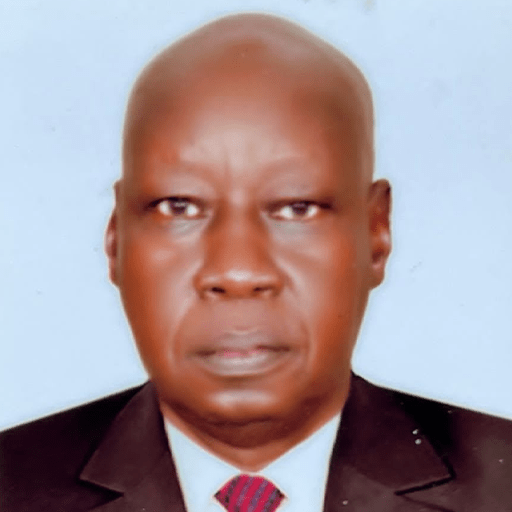
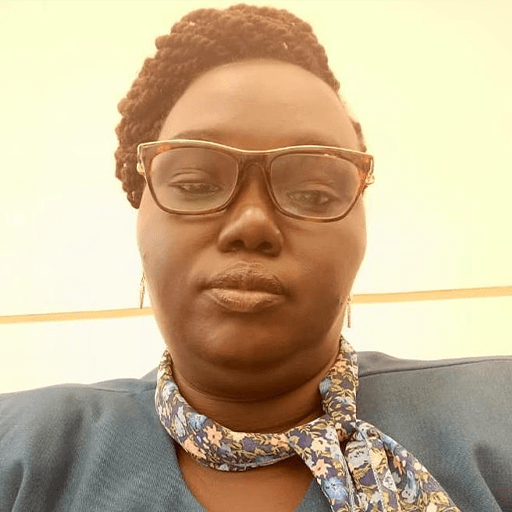
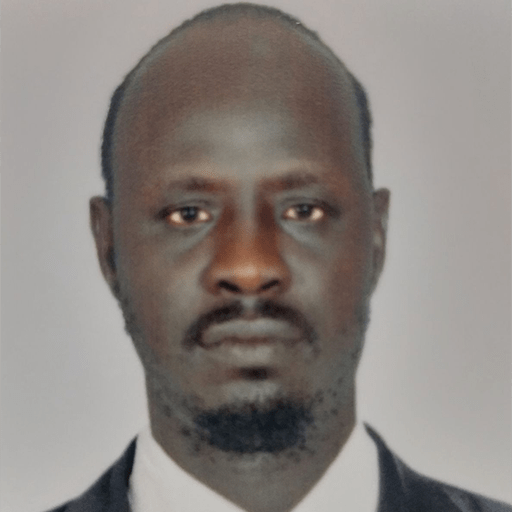
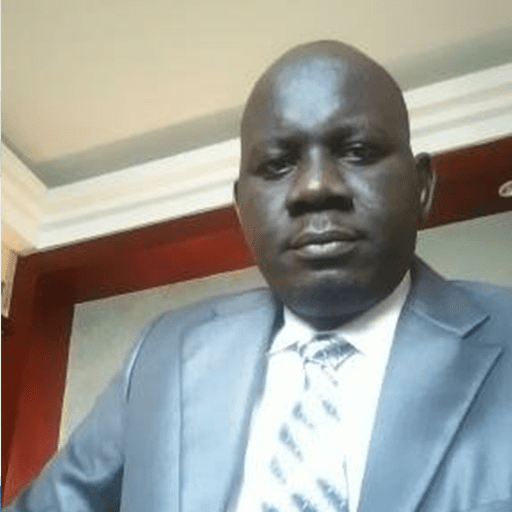
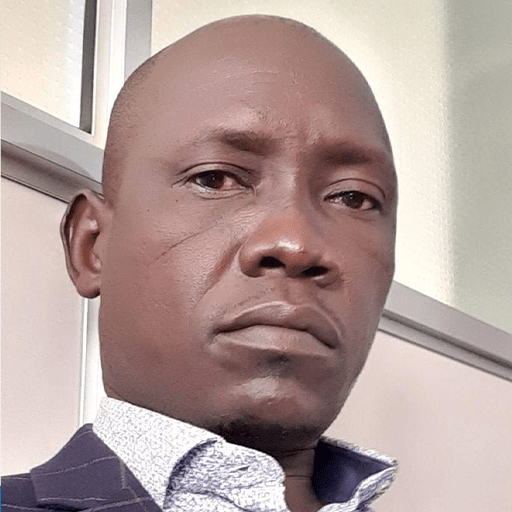
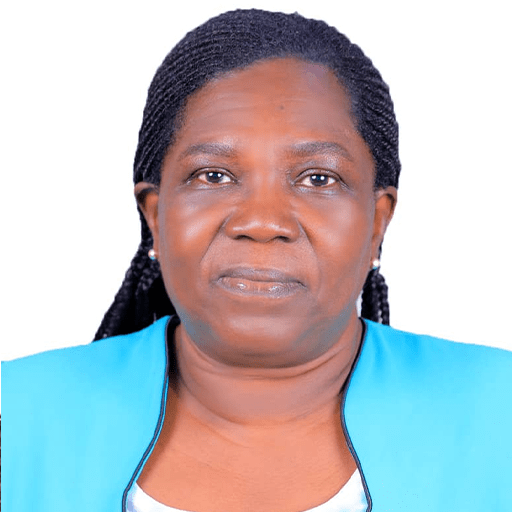
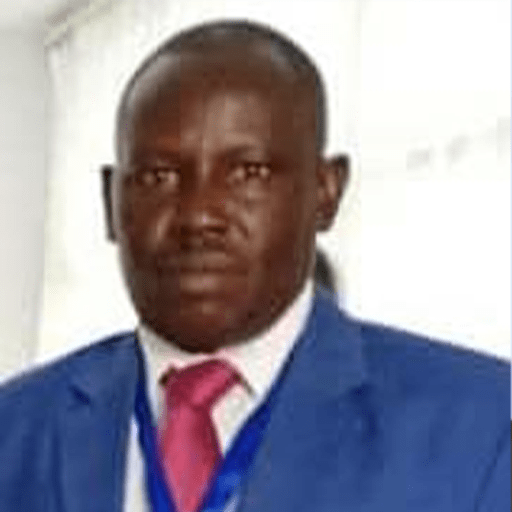
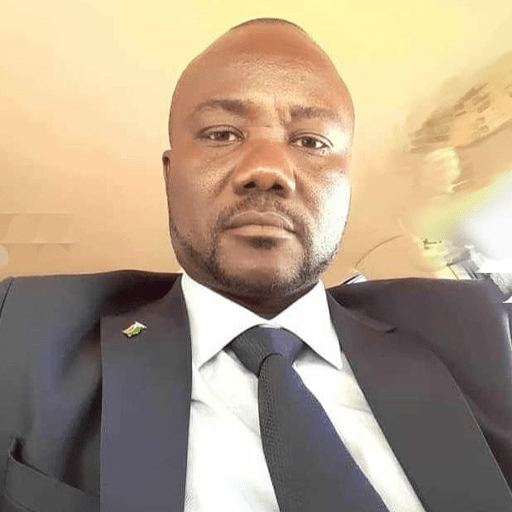
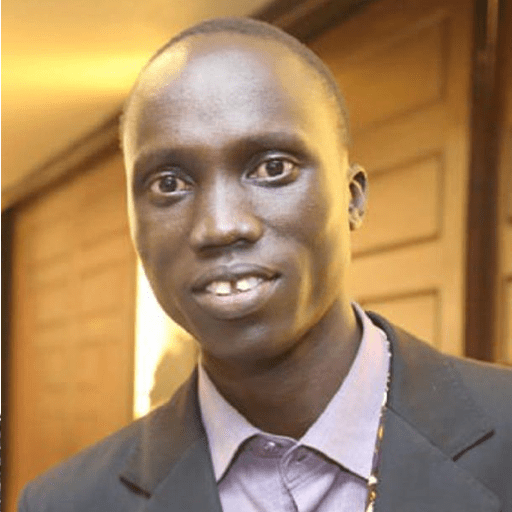
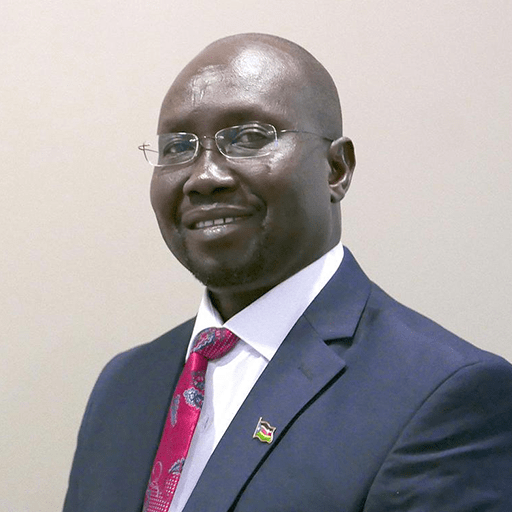

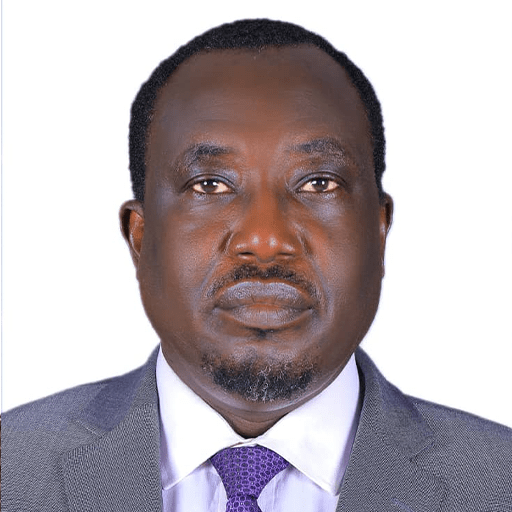
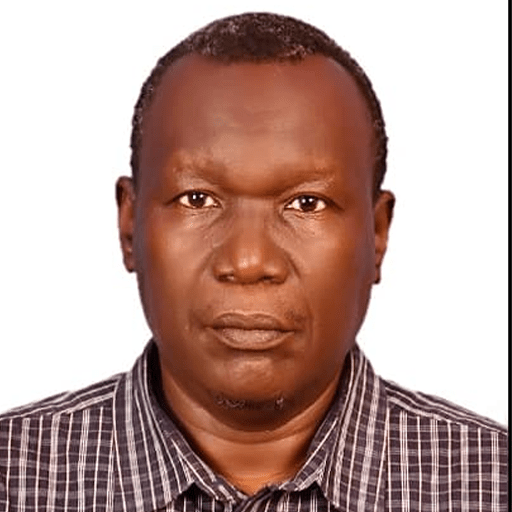

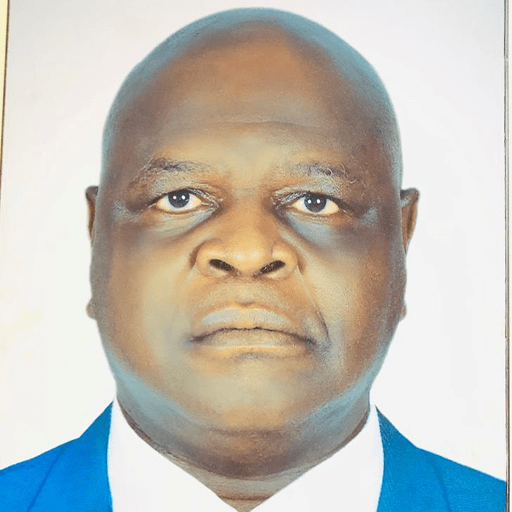
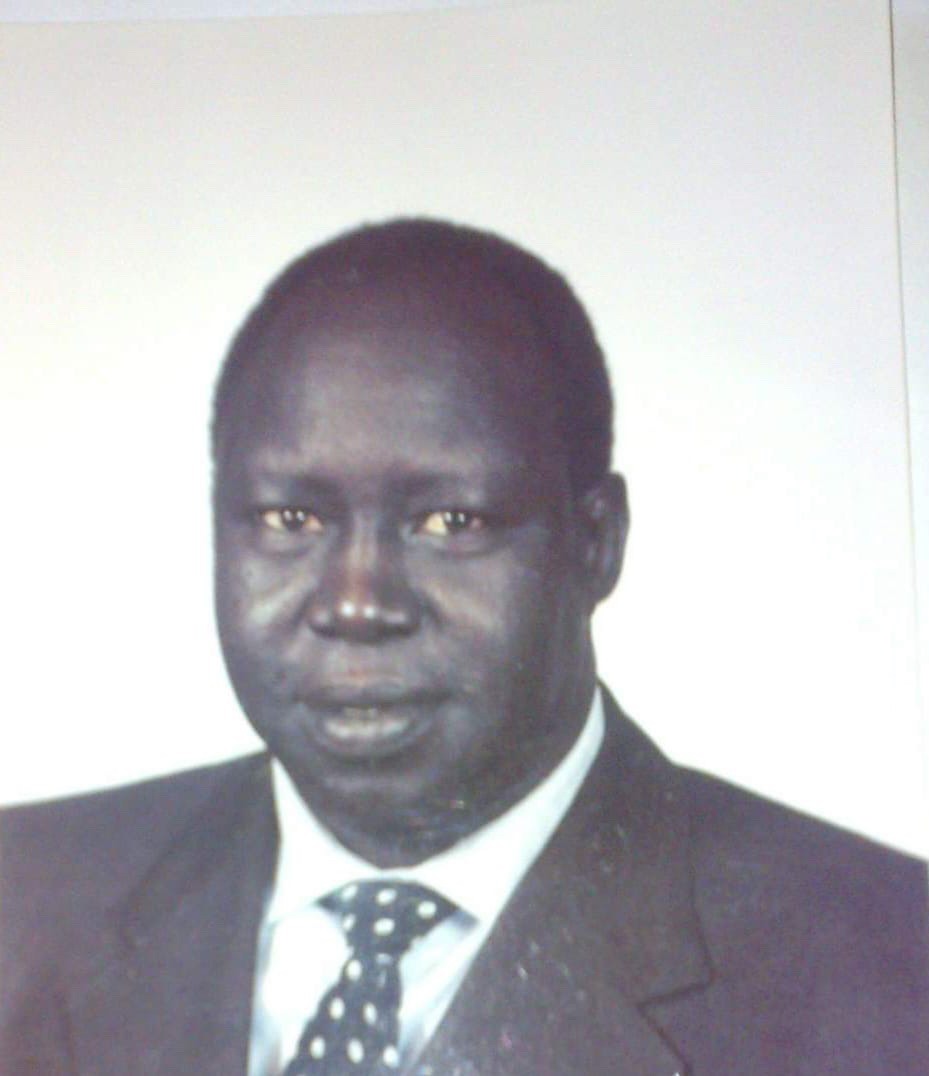
Council Committees
1. Executive Committee
The Executive committee consists of five members of the council as follows:

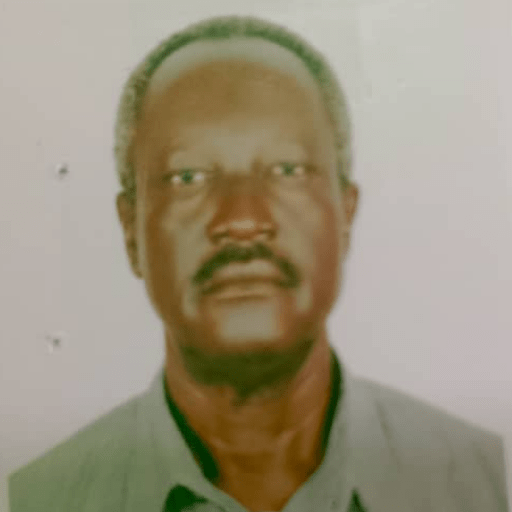



The Executive committee is the implementing organ of the council policies and programs.
2.Practice Control Committee
The practice control Committee consists of the Following Members






Functions of Practice Control Committee
- Monitor individual practitioners and health institutions engaged in practice of the profession.
- Inspect all health training institutions, hospitals and clinics and make recommendations to the council as to the suitability of these institutions for registration.
- Appoint investigators with authority to:
- Enter any Health Institution and pharmacy and question any individual employed in such institutions.
- Inspect, make copies and take extracts from books, records or any document that might be relevant for any investigation and make a report to practice control committee.
- Request from any individual report in respect of any matter relevant to the mandate of the committee.
- Close any health institution for the purpose of facilitating an investigation into matters related to such institutions.
3. Investigation and Disciplinary Committee
The committee consists of three members as follows


Functions of the Investigation and Disciplinary Committee
- Considers complaints lodged against a registered practitioner by patient, relative of a patient, colleague practitioner, member of the public or other health care staff.
- Investigate alleged cases of negligence or substandard care by any practitioner or health institution brought before the council.
- Investigate any case referred to it by the council related to the profession and submit its findings with recommendation to the council.
- Serves notice on a practitioner subject of of Investigation stating in such notice allegations made against the practitioner.
- Receives and examine complaints submitted against medical practitioner or health institution registered in any of registers maintained by council.
- Recommend candidates and refers any complaints submitted to the competent committee for necessary action.
- Summons any practitioner whom complaints has been lodged against him/her to appear before it.
- Render appropriate and necessary advice to the complainant or the aggrieved person when it deems appropriate with respect to the merit of his/her complaint.
4. Medical Education and Examination Committee
The committee consists of the following members





Functions of Medical Education and Examination Committee
- Supervise training of practitioners and other health staff who are registered in any of the registers kept by the council.
- Advise the council on any of the following:
- Suitability of training curriculum of professionals in every health and designated institutions.
- Inspect health training institutions, evaluate its standard and advice the council on the suitability of such institution for training.
5. Ethics Committee
The committee consists of




The ethics committee is responsible for proposing rules to the council for adoption as professional ethics to be adhered to all practitioners in discharge of their professional Obligations.
6.Validation Committee
The committee consists of the following members




Functions of the Validation Committee:
- Receives examine and verify credentials submitted for registration.
- Coordinate and collaborate with the colleges and other relevant professional institutions in the process of validation of applicants credentials.
- Renders reports of its evaluation of certificates to the council for appropriate and necessary actions.
- Perform any other function as may be assigned to it by the council.
7. Ad-hoc Committees
- The council may from time to time establish any ad-hoc committee for specific purpose on such terms and conditions.
- Membership of any committee established under this section may include any practitioner who is a member or non member of the council or any other person not a practitioner.
Council Management Team

